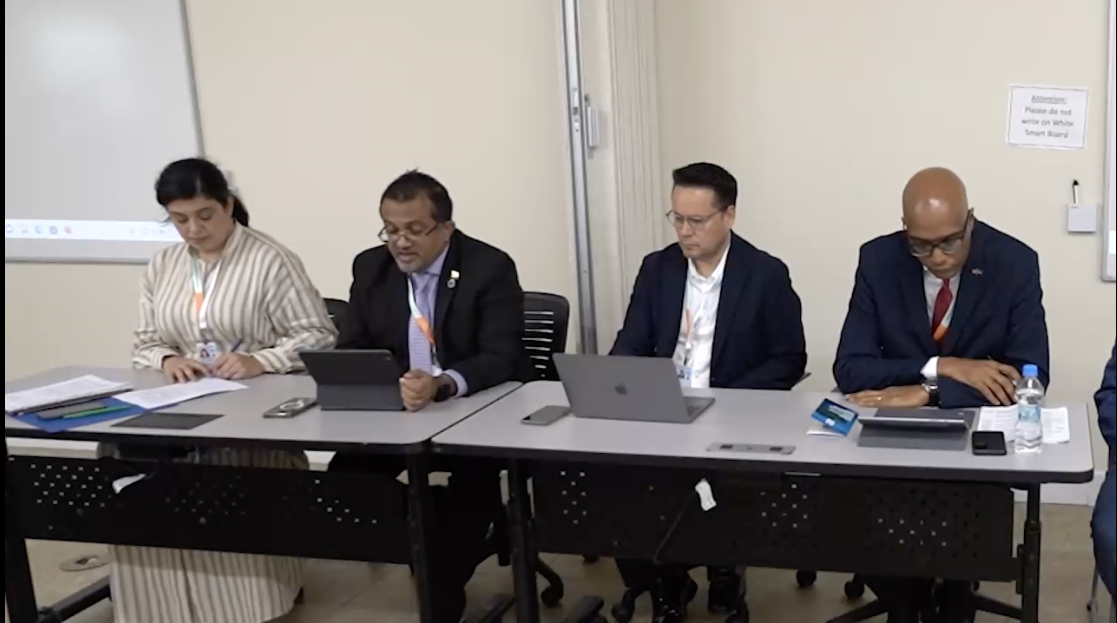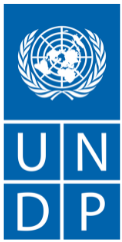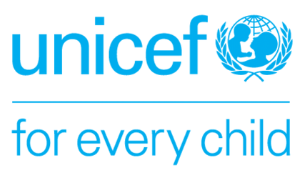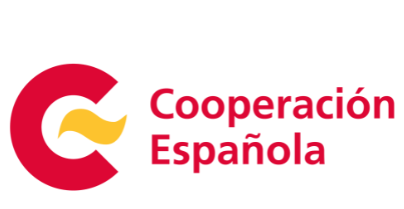H.E. Mr Naadir Hassan, Minister for Finance, Economic Planning and Trade, Seychelles joined the 4th Small Island Developing States (SIDS4) Conference Side Event: Unlocking NDC Finance in SIDS through Integrated National Financing Frameworks that was held in St. Johns, Antigua and Barbuda on Wednesday 29 May 2024.
The minister emphasized the importance of their INFF approach to support sustainable economic and climate resilience. The government is implementing an SDG-aligned taxation framework and has launched an SDG Investor Map to identify investment opportunities in key sectors such as renewable energy and technology. Their INFF is crucial for developing private sector projects aligned with SDGs, optimizing public resources, and leveraging digital finance and technological advancements to attract both public and private financing, ultimately fostering inclusive and sustainable growth.
The full transcript of the speech is attached below:
Seychelles has already started the implementation of some of the financing reforms and actions prioritized through the DFA. The Government is designing an SDG-aligned taxation framework to foster inclusive and sustainable development. For instance, the implementation of a gender-sensitive taxation approach could play a pivotal role in promoting equality, especially in situations where women are disproportionately represented as employees but earn lower wages. We are also strengthening capacity on revenue mobilization, including the capacity on tax administration, tax audits and criminal tax investigations.
Expanding and deepening the participation of the local and international private sector in the country’s development agenda is essential. Therefore, Seychelles has launched the SDG investor map in 2023, which maps the investment opportunity areas that are both commercially viable and aligned with the SDGs.
Nine Investment Opportunity Areas (IOAs) across five priority sectors namely renewable resources, alternative energy, services, food and beverage, infrastructure, and technology and communications were identified, along with the policy and regulatory measures that are critical to creating an enabling investment into these sectors, such as the tax incentives, establishment of dedicated funds and loan schemes and offering of specific financing instruments.
The SDG investor map has highlighted the integrated nature of financing for development, as the investments are dependent on the availability of the right policies, regulations, and instruments, emphasizing the need for adopting the INFF approach.
Based on the findings of the DFA, Seychelles will be developing an integrated financing strategy. We will prioritize a number of areas in the financing strategy. One, To develop a robust private sector and enhance private financing flows, we will focus on developing a pipeline of projects that contribute to the SDGs achievement, in alignment with the investment opportunity areas identified in the SDG investor map. This will help attract financing for the SDGs from the private sector, also supporting the growth of the private sector itself.
Two, We will align fiscal policies with the SDGs. As we are already taking forward reforms on aligning taxes, budgets and public investment with the SDGs, we will continue with these reforms to further enhance SDG alignment of public resources. This will ensure that public resources are optimized towards achieving development priorities.
Three, We will invest in digital transformation and fintech development. Seychelles Fintech Strategy aims to align digital finance with national development priorities, and digitalization is expected to streamline business operations and improve the tracking and management of development finances. This will leverage the potential of technological development in scaling up financing for the NDCs and the SDGs.
Last but not least, we will identify new development financing opportunities, for exmple, positioning Seychelles in the carbon markets and accessing climate funds. Seychelles does not receive ODA, hence this will help access new sources of international development finance.
The successful implementation of the financing strategy and the development of the INFF will be critical to Seychelles to achieve its NDCs and SDGs, diversify our economy, expand the private sector and unlock public and private financing towards sustainable and inclusive growth.
I am confident that there is a significant potential and added value that INFF offers in any country context, in particular the more vulnerable SIDS context. I look forward to today’s discussion and hearing from other countries and partners on their experiences of developing INFFs and the potential it holds to transforming financing for development in SIDS.
Thank you very much for your attention.

















